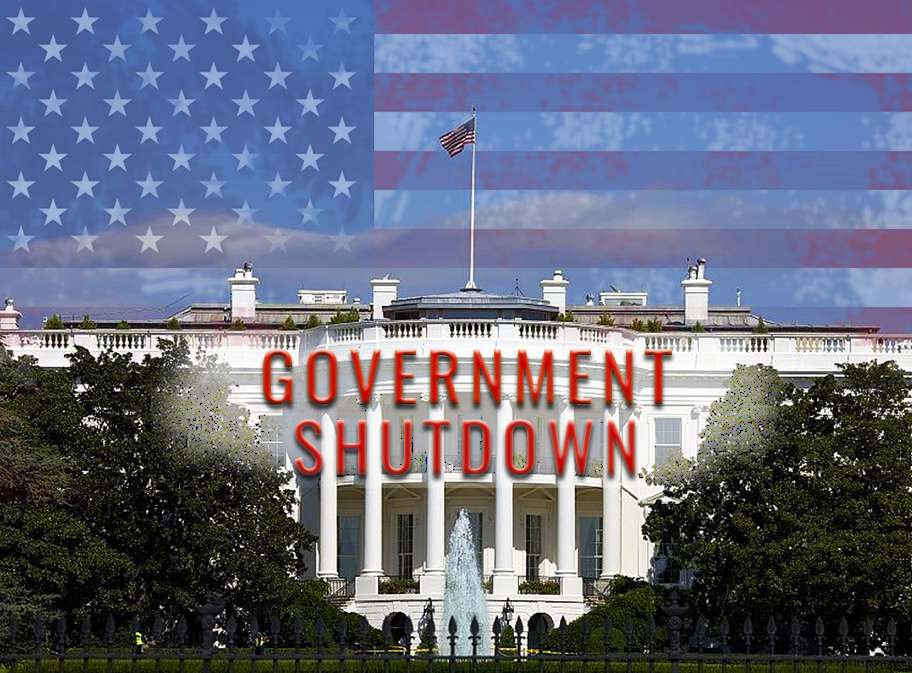While the U.S. government shutdown can make investors uncertain, its impact usually is short-lived to the markets, Fidelity Investments said. This shutdown impasse takes place at a time when many investors are already concerned about reduced earnings and rising interest rates.

But the financial services provider assuages the fear of many investors about this political uncertainty. The financial services company said that based on history, short-term shutdowns have merely led to minor market moves. And while government closure can adversely affect the economy, its effect has not been overwhelming especially on the markets. Furthermore, the government closure would not affect the federal government’s payments on Treasury securities or other US government debt securities, which if delayed can affect market funds and mutual funds.
As long as investors have a sound long-term financial plan, Fidelity advised them to stay calm and do nothing. What traders should do instead is to ensure that their strategy still aligns with their financial goals, risk tolerance, and timeline. Moreover, instead of stressing themselves, the leading financial services provider suggested investors look at long-term strategies or investments schemes that would benefit from increased volatility. Traders could also use the market-moving event to revisit their holdings.
For the investment standpoint, a federal shutdown usually lowers activity levels as most employees cannot work. Because of this, government approvals and processes would be put on hold. Moreover, a government closure can have a psychological impact on many investors, as they question its potential impact on the US economy and financial markets.
Biotech Seen as The Most Affected
Meanwhile, analysts at RBC Capital Markets expect biotech stocks to bear the biggest brunt in the current shutdown. The shutdown, which has reached in its 25th day as of this writing, can delay drug approvals by the Food and Drug Administration. They said that even as the industry had a promising start in 2019, its growth will be tested when the FDA uses up its carry-over funds from last year.
Earlier, FDA Commissioner Scott Gottlieb announced the agency would continue studying drug applications submitted before the shutdown started last December 22. But he is unsure how long the carry-over funds will last.













